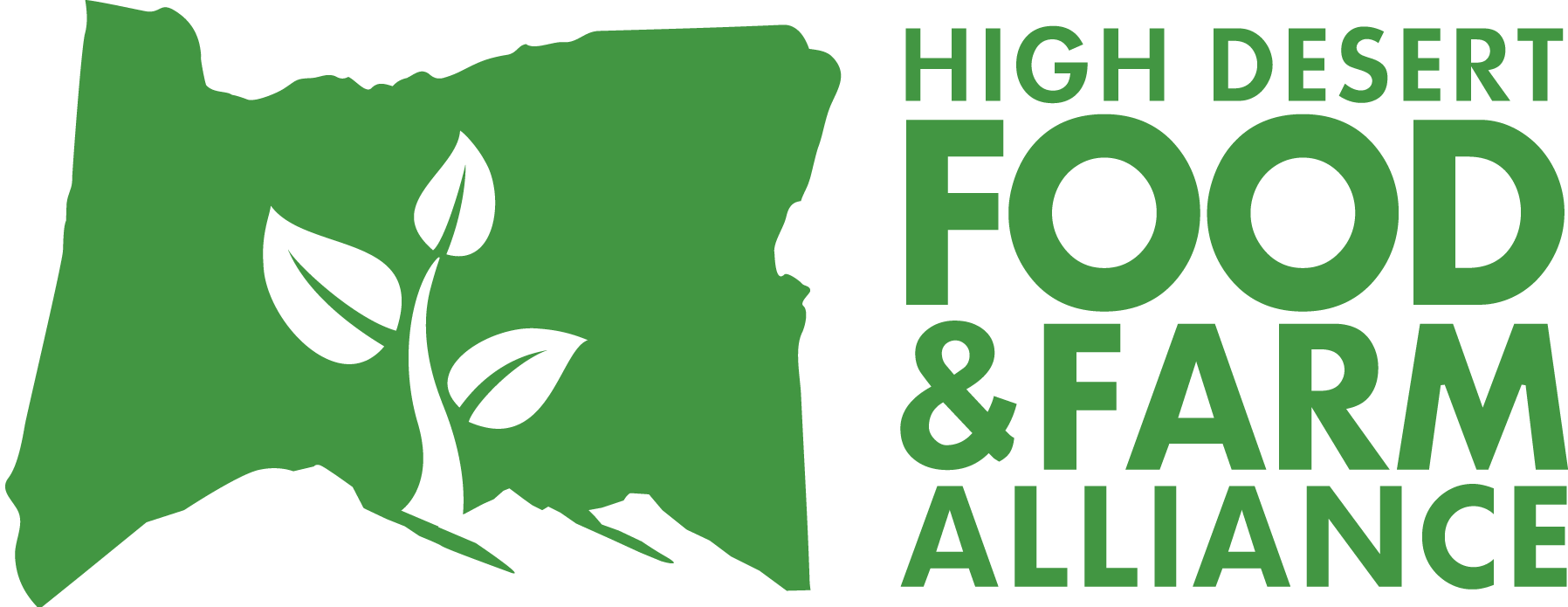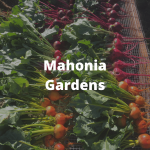Farm and Ranch Resiliency Award Application
Here at Cascade Mountain Pastures, we raise sheep, cows, and goats on our pastures for meat, along with free-range chickens for eggs. We want to maintain healthy animals and productive fields, so it’s critical we are prepared for whatever the season brings. Here in Central Oregon, the climate plays a big part in determining our plans for the season. The weather on this side of the mountains can be unpredictable, so it’s essential to have a plan for your livestock and pastures. If we are not planning well, we risk having sick animals or purchasing more hay to feed our animals. Over the past few years, we’ve grown our animal count slowly while ensuring that everyone is happy and healthy.
We work year-round to maintain proper pastures for the next season. This involves weeding by using minimally invasive techniques like pulling or burning the field in early spring, focusing on the bad areas. We are also using rotational grazing, composting manure, and putting it back into the field. So when we need to seed a field, no-till seeding is the way we go because we want to maintain a good soil structure and keep a strong, healthy pasture for our livestock.
With rotational grazing, we aim for an everlasting balance of land and animals and climate. We look at the animals and their intake on the pasture as well as the land itself. Animals need different intake depending on if they’re pregnant, producing milk, too fat, and many other factors. It’s crucial not to overgraze and treat your pastures as a living ecosystem. With livestock, worms are always present, so it’s important to treat the animal just as much as rotational graze as part of that plan to maintain healthy livestock. With proper grazing, grasses can continually grow for the summer season bringing adequate nutrition to the soil and livestock. Proper management of the pasture can put out years of productivity over a mismanaged pasture. It’s important not to overgraze or grow our operation too big and, therefore, outgrow our pastures. We look to grow accordingly every year and never try to outdo the land we have. Rotational grazing also allows us to keep our animals longer on the pastures, thus eliminating the need for hay until later in the year. Along with pasture management, we plan our lambing season to have the new lambs on the green grass as soon as possible and keep them there throughout the entire summer and fall season.
When it comes to irrigation, our irrigation district has worked hard to create a more sustainable and economical way of irrigating by piping the old canals and pressurizing them. Here, on our farm, we recognize the precious gift of the water from the mountains that allows us to grow grass and, therefore, animals on our property. We make sure that the fields are adequately watered and not overwatered. We are constantly aware of how our irrigation system works, and we attend immediately to any water leakage. We maintain both the wheel line and the irrigation pods during the summer, the active season, and the winter, when we ensure they are securely and stored correctly till the following season.
Here at the ranch, we continue to practice sustainable and healthy practices for our land and animals. It’s important to us to take care of what we have, and we are proud of what we have created so far. We want our ranch to be a place our animals are happy to call home, as well as all the native and natural flora and fauna that visit.
Photo courtesy of Cascade Mountain Pastures.







